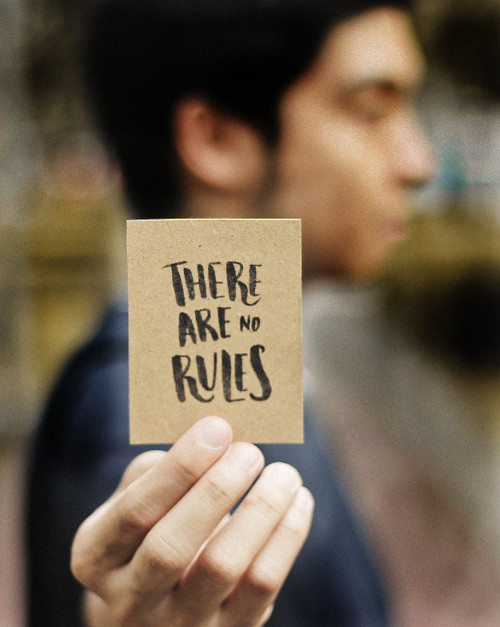–
As we move into the holiday season, with its abundance of sweet yummy treats for everyone, I thought it appropriate to say a few words about this Yuletide tradition:
My confession
I have a confession to make. I am a sugarholic. I overindulge on sugary snacks and drinks far more than is healthy for me. You might say I’m chasing the sugarplum fairy.
I’ve had a problem with sugar ever since I can remember. I turn to candy and soda whenever I feel stressed or frustrated. (For this I blame my grandmother who brought along a steady supply of sweets whenever she’d come to visit. My mom would suggest we save half for later, but my grandmother always insisted my brother and I eat as much as we wanted right away. Naturally, the sugar rush made us crazy. But maybe she liked it that way.)
I’m all right as long as I don’t have too much. But I’ve fallen into the trap of if some makes me feel good, then more should make me feel better. But it never works out that way. Sugar makes you crave sugar, and before you know it, I’ve eaten half the package.
The good, the bad, and the ugly of sugar
Sugar does build up your energy levels — but then those energy levels crash as the good effect wears off. I estimate that sugar makes you feel good for as much as 3 hours, but then the bad effect takes over and lasts for as much as 3 days.

Usually when someone experiences a crash like this, the answer is even more sugar — or alcohol, or whatever. But this is a false cure as the good effect then fails to materialize and then the bad effect deepens and is made to last longer. In actuality, the only cure for “sugar burn” or “sugar wipeout” is to lay off the stuff for a while. (Sugar burn is a burning feeling in your throat after overindulging; sugar wipeout is a total loss of energy for a while.)
Another bad effect of sugar is depression. If you have a tendency toward depression, ask yourself if you’ve been overusing sugar earlier that day or in the day before.
Say, just what IS morality anyway?
Society just loves to make up rules for other people to follow. Do this; don’t do that; and I don’t care if it feels good; just do as I say (even if I don’t). What is society really saying?

“They” are saying that it may feel good now, but there is pain or penalty coming later if you do. “They” are trying to protect you — although many moral rules are obsolete as the bad thing that’s supposed to happen can be avoided in this day and age. Although some times, they can’t, so use your judgment, and don’t just dive into risky behavior simply because you can.
In the case of excess sugar, the penalty is clear: a messed up metabolism, sometimes taking days to wear off. Although as always, if you know your limits and can stick to them, you should be okay.
The orange juice test
How much sugar is too much? You can test yourself by drinking a glass of orange juice. If it tastes pleasantly sweet, you’re within safe limits. If it tastes horrible, like it’s been burnt up, you’re already past the point of wrecking your metabolism for the next few hours at least, and you need to get off the stuff — now!
Sugar vs. fat
People have been trumpeting the evils of a high-fat diet for decades. Fat is high in calories, and what you take in and don’t burn off goes to weight gain. That much is obvious, although it’s simplistic: high-sugar foods increase your appetite, so you can gain weight and still obey the equation.
And when you buy a package of low-fat or no-fat food, what are you buying? No manufacturer wants to sell food that tastes like sawdust, so they must replace the missing flavor with something: that something is usually extra added sugar, to make up for the loss in flavor when they removed the fat.
And it’s even worse than that — the body craves fat, so if it’s low-fat, then you will just want to eat more of it. “Doubling up” on a low-fat sauce or dressing is a common practice. And with the increased proportion of sugar, that’s a big load for the body to digest.
“Sweendalo”
How about artificial sugar substitutes? These tap into the same physical reward mechanisms as sugar does; so they have all of the same bad effects, including weight gain. And since they’re chemicals, they come with their own bad effects in addition. (As bad as sugar is, I wouldn’t think of trying artificial substitutes instead.)
Also, you may see “high fructose corn syrup” or “high fructose sugar” advertised as a “safer” sugar. I wouldn’t bet my life on it.
Comparing sugar and alcohol
In some ways, sugar(holism) and alcohol(ism) are similar.
- ◆ They are both mildly toxic to the body,
- ◆ They both can be burned as fuel to supply energy,
- ◆ They body tries to rid itself of the offending substance the only way it can: by burning it as fuel, and doing so before using anything else, such as stored body fat — which is why some sugar/alcoholics have difficulty losing weight,
- ◆ The intoxication goes away by itself in at most a few days, after it is burned off (provided of course, you don’t keep adding more),
- ◆ Mild exercise can help burn it off a bit quicker, and
- ◆ They aren’t illegal — you can get candy anywhere, or alcohol in many places, without difficulty.
This last point is important — while getting a hard drug is difficult, requiring a contact or connection, sugar and alcohol are tough habits to kick because you can get a new supply so easily.
Some have suggested a “sugar tax” to make sugar harder to come by, but the sugar lobby is well organized to defeat such efforts. And the tax would have to be at least 300% before I would stop this habit; instead, I would just pay the tax and continue overindulging.
One difference between sugar and hard drugs
I’m not saying that withdrawing from hard drugs is easy. But there is one notable difference — those that are kicking the hard stuff are often given sugar (like in orange juice, for example) as an alternative. In other words, they are trying to substitute a sugar addiction for a drug addiction! But if you’re already a sugarholic, that leaves you with no place to go.
The science of sugar
For those interested in a more scholarly explanation, see the YouTube video Sugar: The Bitter Truth” by Robert Lustig, or the book based on the video The Real Truth About Sugar, by Samantha Quinn.
